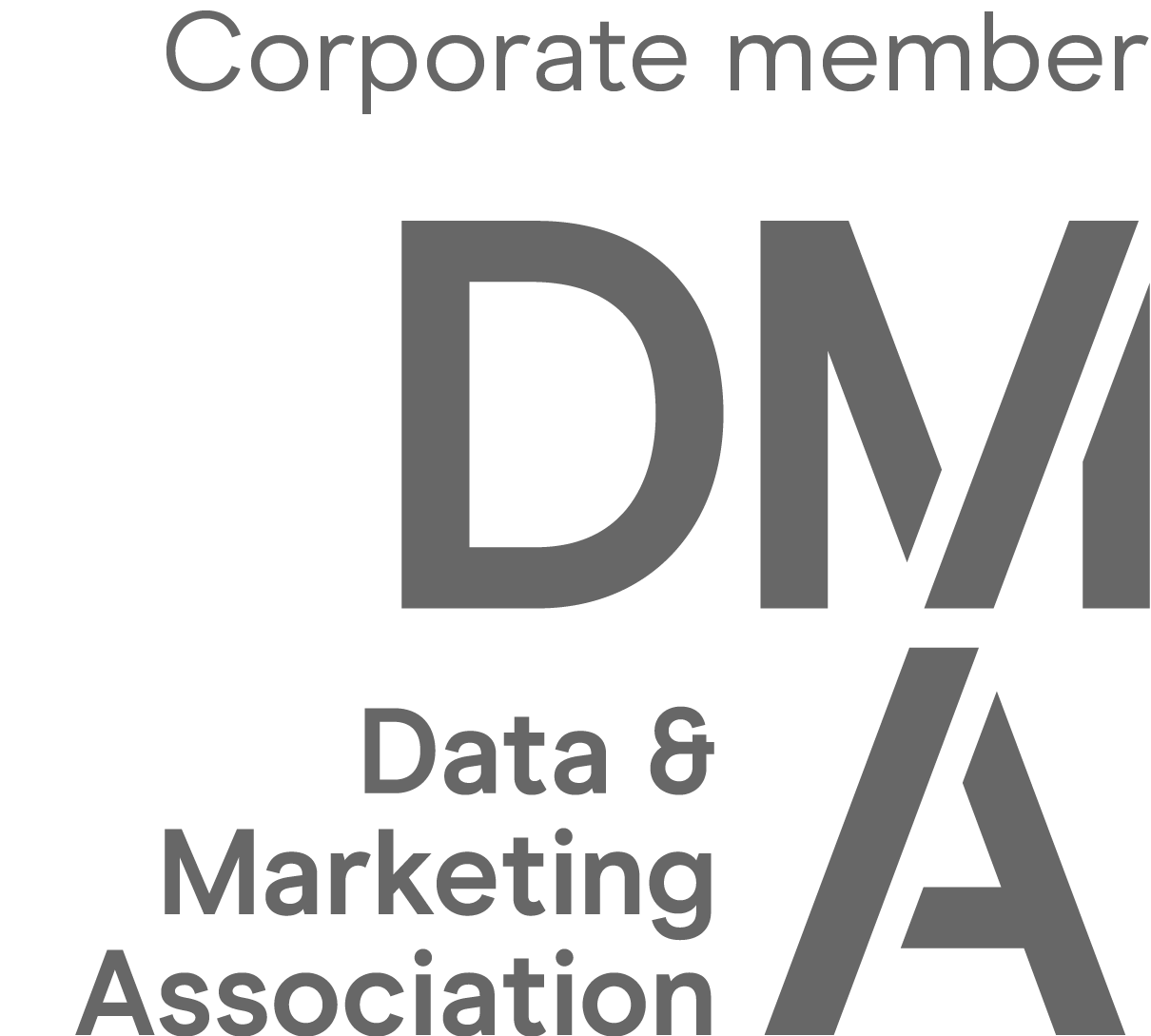MAIL IS GETTING GREENER
MAIL IS GETTING GREENER
The environment, single-use plastics and climate change have never been hotter topics, and the issues are rarely out of the news.
Big brands are listening to consumers and are taking steps to use less packaging, fewer non-recyclable materials and reduce waste. Supermarket customers are boycotting products with excessive packaging. Plastic carrier bags are now anathema to many consumers and have been chargeable for some time, and this has seen a dramatic reduction in their use.
One brand, Waitrose, is trialling a packaging-free solution, where consumers bring their own containers into store to fill with pasta, flour and other dried goods.
The Direct Marketing industry, in particular, is also under pressure from brands and consumers alike to come up with innovations to reduce the use of non-recyclable materials and to reduce its impact on the environment.
Magazine publishers are starting to move away from polythene wrap to more sustainable options such as envelopes (which can be more easily recycled – but do be wary with this, as it does depend on ink coverage), and in some cases switching to film which can be composted at home.
Mailbird and Mediascene have themselves ditched regular polythene and now offers oxodegradable wrap as standard. This material is fully recyclable and also degrades more quickly when exposed to the air if disposed of via traditional waste collection methods.
Postal operators have for some time offered incentives to brands who send their mail using more sustainable printing methods – Sustainable and Responsible Mail products can save advertisers a penny or more per pack.
For these efforts to be fully appreciated by consumers, brands need to be shouting about what they are doing and add recycling messages to their packs. As a supplier, we encourage our clients to print a prominent “recycle me” logo on envelopes and carrier sheets, as well as information on where and how the packaging can be recycled. This not only helps promote responsible behaviour but also reasserts a brand’s green credentials, vital if consumers are to continue to engage with and respond to the channel.
It’s not only the printed packs we need to worry about – it’s the data. Regular data hygiene checks, carefully targeted campaigns, and intelligent data segmentation will ensure the most significant ROI, and will ultimately mean fewer packs printed and mailed. For an industry which promotes the use of mail, it seems counter-intuitive to encourage our customers to send fewer letters, but a carefully targeted, smaller mailing will be far more effective and will see the best return.
Chris Rothwell
Group Sales Director









Latest News